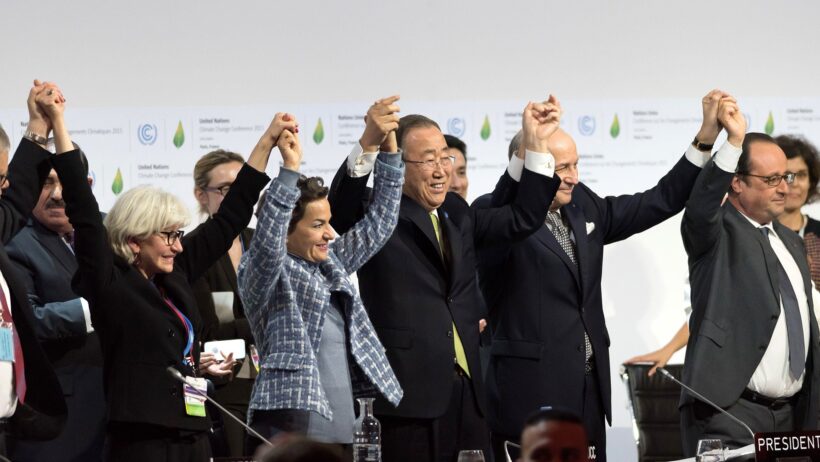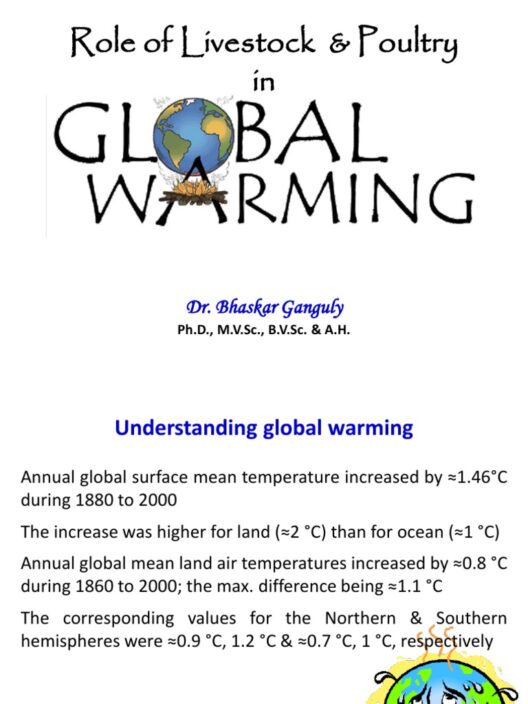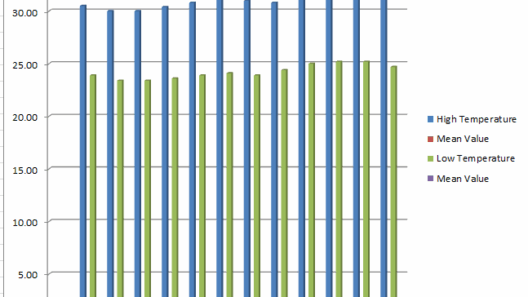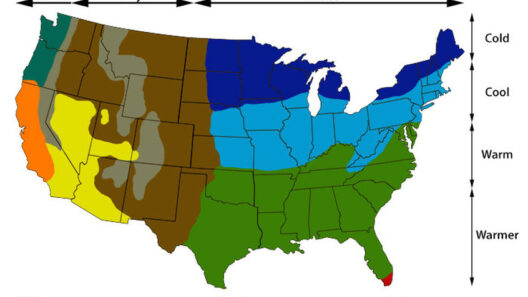The Paris Climate Agreement, formally known as the Paris Accord, represents a monumental leap in international cooperation aimed at combating climate change. Adopted during the 21st Conference of the Parties (COP21) in December 2015, in Paris, France, this accord seeks to galvanize global efforts to limit temperature rise and mitigate the detrimental impacts of climate change. As nations grapple with unprecedented environmental challenges, the significance of the Paris Agreement cannot be overstated. It encapsulates a collective recognition of urgency, the scientifically backed necessity for action, and a profound commitment to a sustainable future.
At its core, the Paris Agreement aims to enhance the implementation of the United Nations Framework Convention on Climate Change (UNFCCC) by holding countries accountable to their greenhouse gas emissions and encouraging progressive climate actions. The ultimate objective is to limit global warming to well below 2 degrees Celsius above pre-industrial levels, with a more aspirational target of limiting the temperature increase to 1.5 degrees Celsius. This concerted effort is rooted in the understanding that exceeding these thresholds could lead to catastrophic consequences, including intensified droughts, rising sea levels, and heightened frequency of extreme weather events.
One striking element of the Paris Agreement is its emphasis on a bottom-up approach, wherein each participating nation is required to establish and communicate their own Nationally Determined Contributions (NDCs). These contributions detail how countries intend to reduce their greenhouse gas emissions and adapt to the changing climate. By allowing nations to tailor their commitments to their specific circumstances and capacities, the agreement promotes inclusivity and equity, ensuring that all countries are engaged in the fight against climate change regardless of their developmental status.
The principle of common but differentiated responsibilities is a cornerstone of the agreement. It acknowledges that while climate change is a global challenge, developed countries bear a disproportionate historical responsibility for greenhouse gas emissions. Consequently, they are expected to take the lead in reducing emissions and providing financial and technological support to developing nations. This aspect of the agreement aims to rectify historical injustices and level the playing field for emerging economies, which often face greater vulnerability to the impacts of climate change.
Furthermore, the Paris Agreement has institutionalized a mechanism for accountability and transparency. Countries are obligated to report on their progress periodically, enabling a system of global stocktakes that assesses collective efforts and encourages escalated ambition over time. This continuous cycle of assessment is designed to instill a sense of urgency and foster a competitive spirit among nations. In this way, the agreement functions not merely as a legal document but as a dynamic framework for global climate governance.
Despite its ambitious goals, the Paris Agreement has encountered challenges and criticisms. One common observation is the gap between commitments and actions. Several countries have fallen short of their pledged NDCs, contributing to an alarming increase in global temperatures. This disparity underscores the necessity for aggressive legislative efforts across jurisdictions to bridge the divide between promises and reality. Concrete actions, such as adopting comprehensive climate policies, ramping up investments in renewable energy, and fortifying adaptation strategies, are pivotal to translating obligations into meaningful results.
In light of these challenges, numerous legislative efforts have emerged globally, inspired in part by the Paris Agreement. Countries like Germany and Denmark have made significant strides in transitioning to renewable energy sources, exemplifying a policy-based commitment to the agreement’s targets. Examples of robust legislation include cap-and-trade systems, carbon taxes, and renewable portfolio standards, which create market incentives for reducing emissions and foster an economy rooted in sustainable practices.
Local and regional governments have also taken proactive actions in response to the Paris Agreement. Cities such as San Francisco and New York have instituted ambitious climate action plans that prioritize renewable energy, reduced waste, and enhanced public transport systems. These grassroots initiatives resonate with the broader goals of the Paris Accord, illustrating how localized efforts can contribute to global targets. Such approaches also highlight a burgeoning recognition of the role of cities as vital actors in the climate narrative.
One noteworthy feature of the legislative discourse surrounding the Paris Agreement is the integration of climate justice principles. Stakeholders increasingly recognize that those most impacted by climate change—often marginalized communities—deserve a seat at the table. Advocates emphasize inclusive policymaking that prioritizes the needs and perspectives of vulnerable populations. This inclusive approach not only fosters equity but also enhances the efficacy of climate policies, making them more relevant and acceptable to the diverse constituents affected by climate change.
As the world progresses deeper into the 21st century, the legacy of the Paris Climate Agreement continues to evolve. It stands not only as a legal pact but also as a beacon of hope, uniting nations under a shared vision of sustainability. The escalating urgency of climate change calls for unwavering commitment, innovative solutions, and collaborative action. The Paris Agreement exemplifies the collective aspiration to transcend national boundaries and tackle an issue that threatens the very fabric of our existence. The pathway to a sustainable future necessitates not just compliance with international treaties but a profound transformation of societal values and practices.
In conclusion, the Paris Climate Agreement epitomizes a pivotal moment in the collective struggle against climate change. While challenges abound, the framework it establishes lays the groundwork for global collaboration, innovative legislation, and inclusive policymaking. The fight to save our planet requires an unrelenting commitment to action, accountability, and equity—principles that must resonate within every layer of society. There is an undeniable fascination surrounding this global endeavor; it reflects humanity’s resilience, ingenuity, and hope for a sustainable tomorrow.








